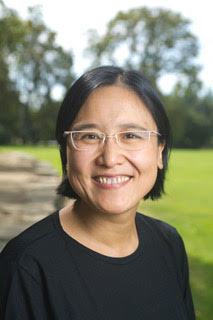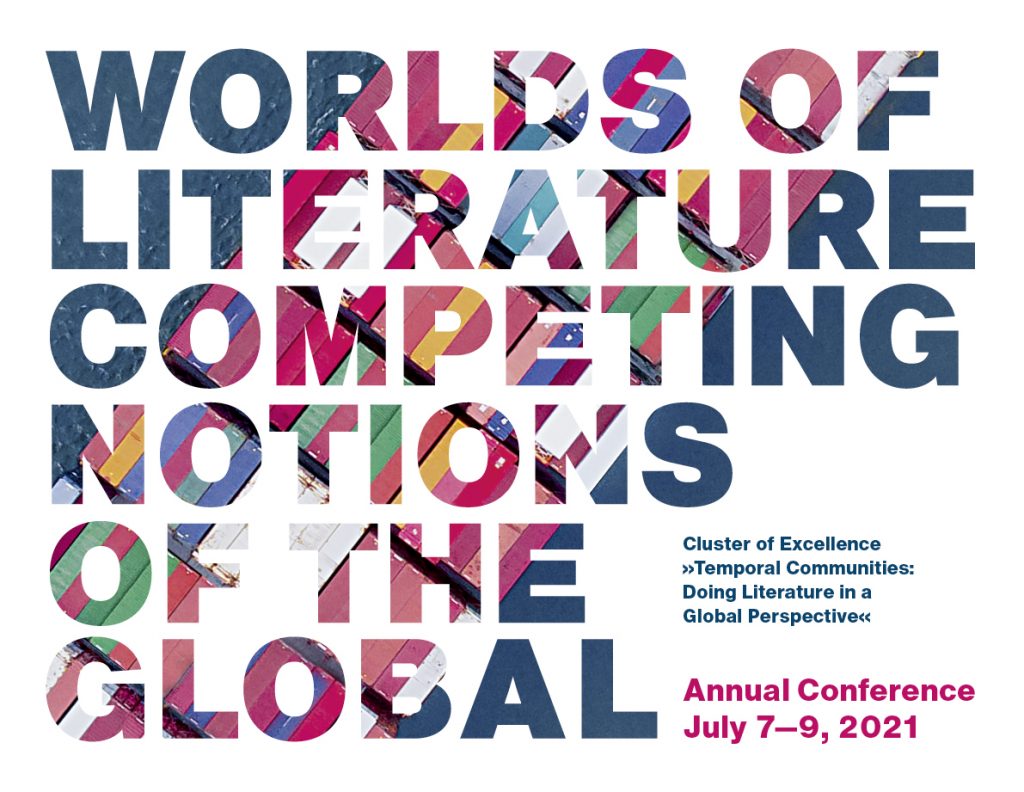“World as Method in the Early Twentieth Century: A Comparative Perspective”
7 July
Presented in Part 1 of the Panel “Competing Notions of the Global”, moderated by Simon Godart. 16:30 – 18:00 (Berlin time).
This talk discusses the essentiality of Chinese Confucianism in cosmopolitan thinking in Europe and China in the early twentieth century and traces its transformations and receptions in thinkers such as Max Weber, Hermann Graf Keyserling, Gu Hongming, Feng Youlan, and Michel Foucault. These thinkers use the (Confucian) world as method to develop a philosophy of life based on a new rationalism as an alternative beyond the cultural and national binary between East and West. While Confucianism has often been considered outdated and conservative as the state philosophy of the fallen Chinese dynasty in 1912, the global connections leading back to this spiritual and intellectual source make clear that Confucianism, blending with Taoism and Buddhism, has contributed to a theoretical position of composition, connection, and construction besides deconstruction and political antagonism between the left and the right.
Introduction by Simon Godart, Postdoctoral Researcher RA 3 “Future Perfect”

Chunjie Zhang is Associate Professor German at University of California, Davis. Engaging with postcolonial theory and German travel writing, literature, and philosophy around 1800, she is the author of “Transculturality and German Discourse in the Age of European Colonialism.” Currently, she is working on the concepts and forms of cosmopolitanism in European and Chinese intellectual history in the early twentieth century. In addition to editing or co-editing volumes on Goethe and world literature, aesthetics and politics in the Enlightenment, and global modernism, Zhang co-edits a book series with Routledge on “Asia, Europe, and Global Connections.” Her articles on Goethe, Georg Forster, Adelbert von Chamisso, August von Kotzebue, Max Weber, Jenny Erpenbeck, the refugee crisis, and Asian German Studies appear in venues such as Critical Inquiry, European Review, The Eighteenth Century: Theory and Interpretation, Journal for Eighteenth-Century Studies, German Quarterly, The Germanic Review, German Studies Review, and edited volumes. Zhang’s research has been supported by the Volkswagen Foundation, the Mellon Foundation, the Alexander von Humboldt Foundation, and the DAAD among others. She is currently chairing the program committee of the American Society for Eighteenth-Century Studies for the year 2022 as well as the book prize committee for literary and cultural studies of the German Studies Association in the year 2021. She directs the digital humanities project Migration and Aesthetics at UC Davis.
| At-a-glance Programme | About the Conference |
| Full Presenter List | Participant Registration |
